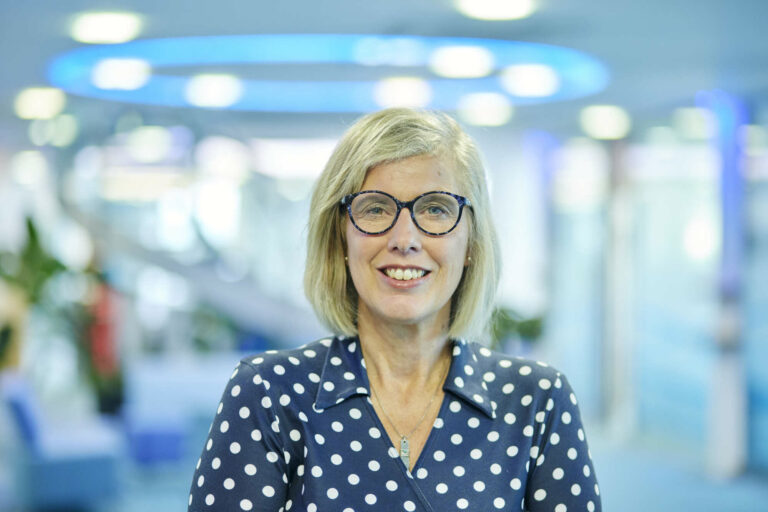
Earlier this month was World Cancer Day. This is an initiative promoted by the Union for International Cancer Control, the largest and oldest international cancer organisation. It aims to promote greater equity, reduce the global cancer burden and incorporate cancer control into the world health and development agenda.
#CLOSETHECAREGAP
The focus for this year’s World Cancer Day is ‘close the care gap’. It seeks both to raise awareness of treatments in differing places and the barriers cancer patients face, such as treatment, income, education and discrimination. Half of the world lacks access to the full range of essential health services. Cancer treatment is no different: many lack basic care despite the advancements in cancer prevention, diagnosis and treatment. This equity gap costs lives.
Although this gap is more prominent in low- and middle-income countries, there are inconsistencies in wealthier countries. It is likely that this gap affects you or people you know. Who you are or where you live could significantly affect your cancer care. World Cancer Day’s ‘close the gap’ theme aims to raise awareness and bring change: every person should have fair and equal access to education on cancer prevention, cancer screening, treatment, and care.
Cervical Screening Spotlight
World Cancer Day puts a spotlight on cervical cancer. This is one of the most preventable and curable forms of cancer. Many women will die from cervical cancer because of where they live or their poverty. Effective prevention, screening and management is available in wealthy countries but not necessarily to all.
Around the world, a woman dies from cervical cancer every two minutes. It is estimated that, without further action, cervical cancer deaths will rise by 50% by 2030. In high income countries, such as the UK, girls can be vaccinated against the human papillomavirus (HPV) and women are regularly screened for pre-cancerous cells. These two measures identify pre-cancerous changes to help prevent up to 80% of cervical cancers.
On the other hand, low-to-middle income countries have limited access to similar measures. Even with screening programmes, 55% of low-income countries lack access to crucial treatments such as chemotherapy and surgery. Inequities also exist within countries as a result of gender discrimination, poverty and geography. Women who live in remote areas, refugees, migrants, indigenous and vulnerable groups face substantial barriers to healthcare. World Cancer day aims to raise awareness of these inequities and ensure the same lifesaving treatment is available to all.
Cervical Screening
In the UK, women aged 25 – 64 are offered cervical screening every 3-5 years, depending on their age and location. The screening tests for HPV which can cause cervical cells to become cancerous. Almost all cases of cervical cancer are linked to high-risk HPV.
In England and Wales, women aged between 25-49 are invited for screening every 3 years and from 49 – 64, every 5 years. In Wales and Scotland, women are invited for screening every 5 years from 25-64. The difference between nations is due to different approaches in with HPV primary testing being more accurate at detecting who is at higher risk of developing cervical cancer. This means the intervals for those who are not high risk can be safely extended from 3 to 5 years. Scotland and Wales were the first to implement the new intervals and it is likely other parts of the UK will follow. Northern Ireland does not use HPV primary testing at present and instead looks for changes in cervical cells first. It is likely they will move to primary HPV testing in the future.
Women under 25 are not invited for screening as cervical cancer is very rare at this age. In addition, in this age group, cervical cells can change but then return to normal. Therefore, screening under 25s can lead to needless worry and over-treatment.
Since 2008, girls aged 12 and 13 have been offered a vaccination against HPV. This which helps protect against cancers caused by HPV, such as two types of cervical cancer. This vaccination works best in young people who are unlikely to have encountered the virus yet. The vaccination is now also being offered to boys. Because the vaccine does not protect against all types of cervical cancer, women over 25 should still have screening.
A 2021 study showed that the vaccine reduced cervical cancer rates by almost 90% in women in their 20s who had been vaccinated at age 12-13.
Symptoms to look out for include abnormal bleeding, vaginal discharge that smells unpleasant and pain during sexual intercourse. It is important to speak to your GP if you notice anything unusual.
After screening, your results should be back within 2-6 weeks. Most women will have a normal result and not require a further screening for 3 to 5 years. If your results are positive for HPV, the lab will also test your sample for cell changes. If there are cell changes you will be invited in for a colposcopy, to further examine your cervix. If there are no cell changes, you will be invited for screening earlier than normal, usually after 1 year.
Enable Law cases on Cervical Cancer
At Enable Law, we specialise in cancer claims and have acted for many people that have received a delayed cervical cancer diagnosis as a result of screening results not being interpreted correctly, lack of investigation or failure to refer to secondary care. We are here to here to advise and help if you have concerns about the treatment of your cancer care. Should you have any concerns regarding your medical care, please contact us to have a free confidential chat with one of our specialist advisors.

















